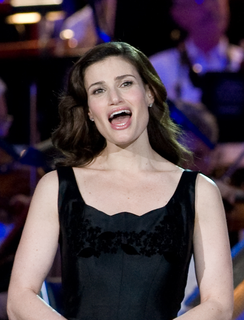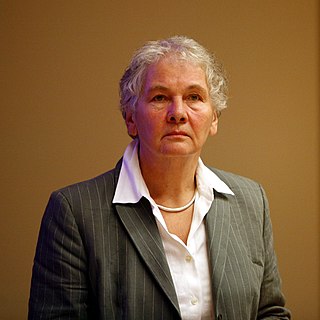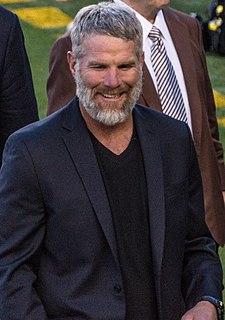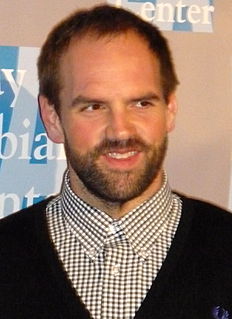A Quote by Allan Gurganus
My mother had a master's degree and had been a schoolteacher before she started having kids at 30. But my father's family were landowners, farmer-merchants. Moneymaking was extremely important, like one of those semi-rapacious families in Lillian Hellman, where they know the price of everything and the value of nothing.
Related Quotes
I didn't like what was on TV in terms of sitcoms?it had nothing to do with the color of them?I just didn't like any of them. I saw little kids, let's say 6 or 7 years old, white kids, black kids. And the way they were addressing the father or the mother, the writers had turned things around, so the little children were smarter than the parent or the caregiver. They were just not funny to me. I felt that it was manipulative and the audience was looking at something that had no responsibility to the family.
I remember I had had one woman who had three or four kids, and some of them were having problems. I said, 'Maybe you could go write somewhere else, away from your house.' And sure enough, all kinds of wonderful stuff emerged. She was keeping too much charge of herself because she couldn't stop being a mother when she was in the house. You have to find your own way of letting loose, if you're one of those people.
The idea of the book ["The Japanese Lover"] came in a conversation that I had with a friend walking in the streets of New York. We were talking about our mothers, and I was telling her how old my mother was, and she was telling me about her mother. Her mother was Jewish, and she said that she was in a retirement home and that she had had a friend for 40 years that was a Japanese gardener. This person had been very important in my friend's upbringing.
I think my mother became the muse because she had everything when she was in Hollywood: she had the marriage, the success, the money, all the films she wanted to do and yet even her, she had a longing and wanted to work with a film that had meaning, something more profound. And I think that was very touching to father.







































